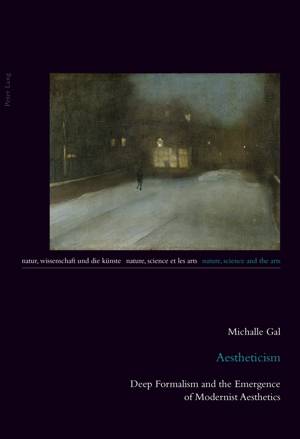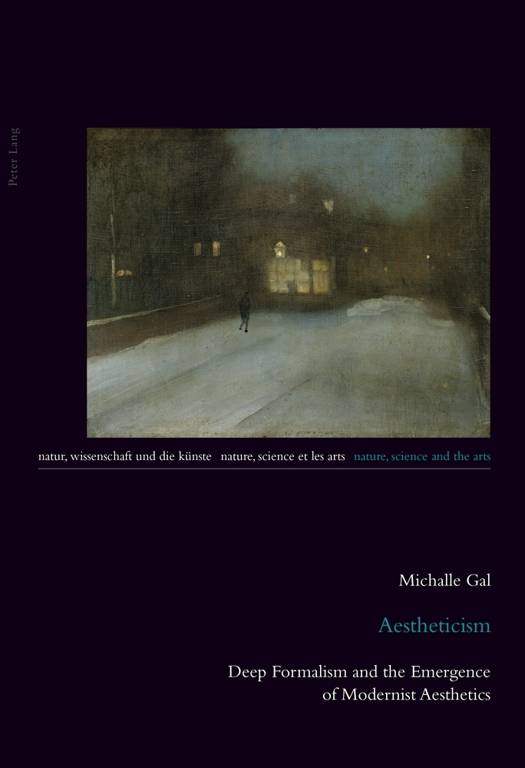
- Afhalen na 1 uur in een winkel met voorraad
- Gratis thuislevering in België vanaf € 30
- Ruim aanbod met 7 miljoen producten
- Afhalen na 1 uur in een winkel met voorraad
- Gratis thuislevering in België vanaf € 30
- Ruim aanbod met 7 miljoen producten
Zoeken
€ 69,95
+ 139 punten
Omschrijving
This book offers, for the first time in aesthetics, a comprehensive account of aestheticism of the 19th century as a philosophical theory of its own right. Taking philosophical and art-historical viewpoints, this cross-disciplinary book presents aestheticism as the foundational movement of modernist aesthetics of the 20th century. Emerging in the writings of the foremost aestheticists - Oscar Wilde, Walter Pater, James Whistler, and their formalist successors such as Clive Bell, Roger Fry, and Clement Greenberg - aestheticism offers a uniquely synthetic definition of art. It captures the artwork's relations between form and content, art's independent ontology and autonomy, art's internal completeness, criticism, immunity to recruitment, the uniqueness of each medium, and musicality, as well as the logical-theoretical affiliation of art for art's sake to epistemology, ethics and philosophy of language.
Those are used by Michalle Gal to formulate a definition of art in terms of a theory of Deep Formalism, setting aestheticism, which aspires to preserve the artistic medium, as a critique of the current linguistic-conceptual aesthetics that developed after the linguistic turn of aesthetics.
Those are used by Michalle Gal to formulate a definition of art in terms of a theory of Deep Formalism, setting aestheticism, which aspires to preserve the artistic medium, as a critique of the current linguistic-conceptual aesthetics that developed after the linguistic turn of aesthetics.
Specificaties
Betrokkenen
- Auteur(s):
- Uitgeverij:
Inhoud
- Aantal bladzijden:
- 168
- Taal:
- Engels
- Reeks:
- Reeksnummer:
- nr. 12
Eigenschappen
- Productcode (EAN):
- 9783034305273
- Verschijningsdatum:
- 26/02/2015
- Uitvoering:
- Paperback
- Formaat:
- Trade paperback (VS)
- Afmetingen:
- 163 mm x 236 mm
- Gewicht:
- 317 g

Alleen bij Standaard Boekhandel
+ 139 punten op je klantenkaart van Standaard Boekhandel
Beoordelingen
We publiceren alleen reviews die voldoen aan de voorwaarden voor reviews. Bekijk onze voorwaarden voor reviews.











